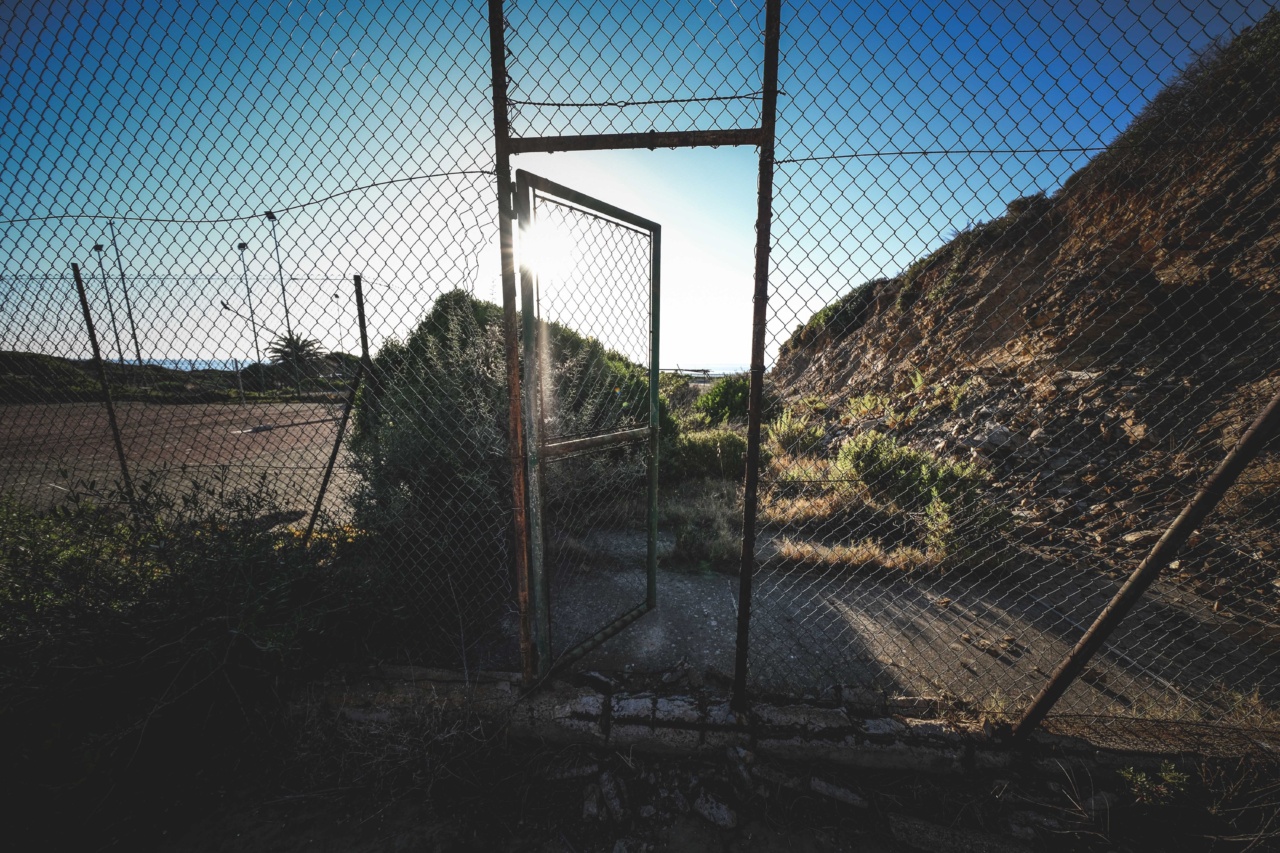Dental decay is a common problem experienced by people of all ages. It is caused by the destruction of the tooth enamel and underlying layer of dentin due to a build-up of acids produced by bacteria in the mouth.
Dental decay is usually the result of poor oral hygiene practices, but it can also be caused by certain habits that compromise the health of the teeth. In this article, we will explore the link between habits and dental decay and provide tips on how to prevent this common problem.
Habit 1: Poor Oral Hygiene
The most common habit that leads to dental decay is poor oral hygiene. When we do not brush and floss regularly, food particles and bacteria are left to accumulate on our teeth.
These bacteria then produce acids which erode the enamel and dentin, leading to tooth decay. The best way to prevent dental decay due to poor oral hygiene is to brush twice a day, floss daily, and use mouthwash to kill harmful bacteria.
Habit 2: Eating Sugary Foods
Sugar is the primary food for bacteria in the mouth. When we consume sugary foods, the bacteria feed on these sugars and produce acids that erode the teeth.
Eating sugary foods in moderation is fine, but consuming them frequently throughout the day can lead to dental decay. To prevent this, it is best to limit our intake of sugary foods and drinks and brush our teeth after consuming them.
Habit 3: Drinking Carbonated Beverages
Carbonated beverages, such as soda and energy drinks, are highly acidic and can erode the teeth over time. They also contain high levels of sugar which further increases the risk of dental decay.
To prevent dental decay caused by carbonated beverages, it is best to limit our intake of these drinks and drink plenty of water instead.
Habit 4: Chewing Ice and Hard Foods
Chewing on ice and hard foods, such as popcorn kernels and hard candy, can cause dental decay by cracking or chipping the teeth.
This can create tiny pits and fissures in the teeth that are difficult to clean and can lead to the build-up of harmful bacteria. It is best to avoid chewing on hard objects and to visit a dentist if you experience any tooth damage.
Habit 5: Using Tobacco Products
Using tobacco in any form is detrimental to the health of the teeth and gums. Tobacco products contain numerous harmful chemicals that can cause dental decay, gum disease, and oral cancer.
To prevent dental decay and other oral health problems, it is best to avoid tobacco products altogether.
Habit 6: Grinding Teeth
Grinding or clenching the teeth, also known as bruxism, can cause dental decay by wearing down the enamel and dentin. This can create uneven surfaces that are difficult to clean and can lead to the build-up of harmful bacteria.
It is best to consult with a dentist if you have bruxism and to wear a night guard to protect your teeth.
Habit 7: Skipping Dental Check-Ups
Skipping dental check-ups can lead to the accumulation of dental problems that can eventually lead to dental decay. Regular check-ups and cleanings are important in maintaining good oral health and detecting any issues before they become serious.
It is recommended to visit a dentist every six months, even if you are not experiencing any dental problems.
Habit 8: Using Teeth as Tools
Using teeth as tools, such as to open bottles or tear open packages, can cause dental decay by chipping or cracking the teeth.
This can create tiny pits and fissures in the teeth that are difficult to clean and can lead to the build-up of harmful bacteria. It is best to use proper tools to open packages and avoid using teeth for any activities other than chewing.
Habit 9: Brushing Too Hard
Brushing too hard can cause dental decay by wearing down the enamel and dentin. This can create uneven surfaces that are difficult to clean and can lead to the build-up of harmful bacteria.
It is best to use a soft-bristled toothbrush and to brush gently in circular motions.
Habit 10: Ignoring Early Signs of Dental Decay
Ignoring early signs of dental decay can lead to more serious dental problems down the road. Early signs of dental decay may include sensitivity to hot or cold foods, pain when biting down, or visible pits or holes in the teeth.
It is important to address these symptoms as soon as possible to prevent further damage to the teeth.
Conclusion
Dental decay is a common problem that can be caused by a variety of habits.
By making small changes to our daily habits, such as practicing good oral hygiene and avoiding sugary and acidic foods and drinks, we can prevent dental decay and maintain good oral health. It is important to visit a dentist regularly and address any dental problems as soon as they arise to prevent more serious issues down the road.




























